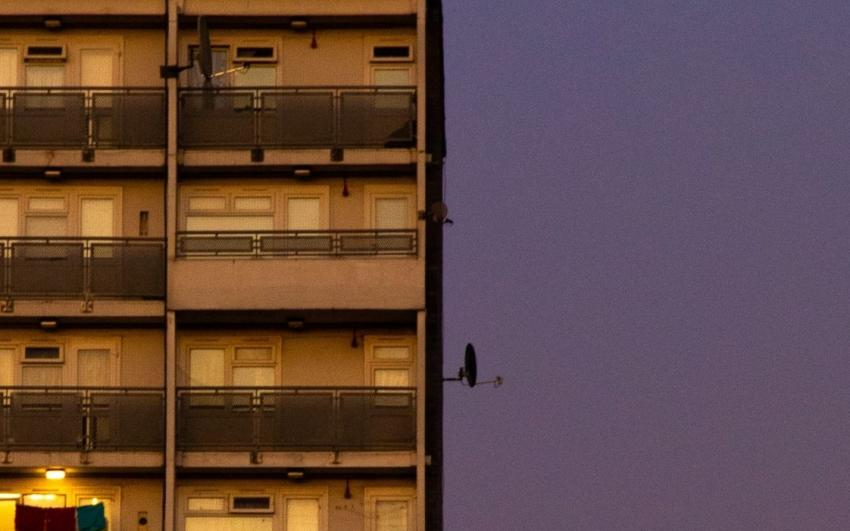Kieton Saunders-Browne talks about the inspiration behind Block'd Off, a piece based on real stories in real locations, exploring what it means to be working class in London.
Coming to CPT 8th Nov - 19th Nov at 7.15pm
In late 2019, I was approached by Mountview MA Creative Producing student Jake Curran-Pipe to write a working class, black comedy, murder mystery that leaned into the stereotypes found in this particular genre. When we met up to discuss the project, which was to be used for the 2020 Catalyst Festival (which didn’t happen due to, ahem, reasons), we ended up talking for hours about the story which ended up evolving into an exploration of class and systemic failure in London. Specifically, Camden, and even more specifically on the street I grew up on in Queen’s Crescent.
Out of all the stories and experiences spoken about on stage, I don’t think there are any that are untrue. All are taken, almost verbatim, from something I or someone I know has lived themselves. Block’d Off discusses the truth of what living in poverty and scarcity can do, and the long term effects of it. The effects of The Cycle of Deprivation.
I think there’s a very hard question to answer with me writing this play, as someone who isn’t living in financial difficulties right now (emphasis on right now…lol) because some of the topics are so delicate that you don’t want to misrepresent anyone. It is a bit strange to think, but the people who are most affected by these issues have the least capacity and platform to tell the world about how fucked it all is, and the more platform you gain, the more detached you inherently are. Being working-class is almost inherently opposed to being an artist, at least one with any audience on tap. Even when growing up, I was very fortunate to not have been dragged into some of the negativity that comes with having a bunch of people with no options living in proximity. Addiction, crime, the human quick fixes to the inescapable issues.
I don't want audiences to leave the theatre after Block'd Off feeling like they have just watched a play. Because it isn't just a play. It means so much more. These are real people on stage and we must remember that it doesn’t end when we step out of the theatre.
There is nothing one individual can do alone and I don’t think it's right to put that pressure on anyone in the audience. What I hope for this play is that it sparks conversation and thoughts about the issues. For those that are working-class themselves: I want you to laugh at finally being able to see our kinds of jokes on stage, to see ourselves represented without middle-class influence, and to know that we really do deserve to have our stories on the stage.
Tue 8th Nov - Sat 19th Nov at 7.15pm
